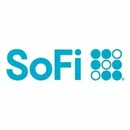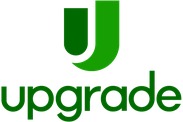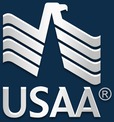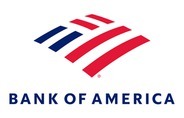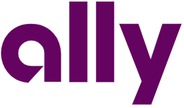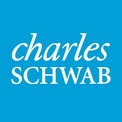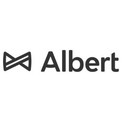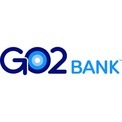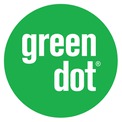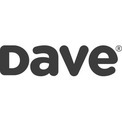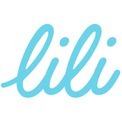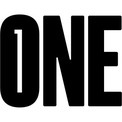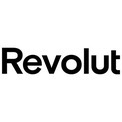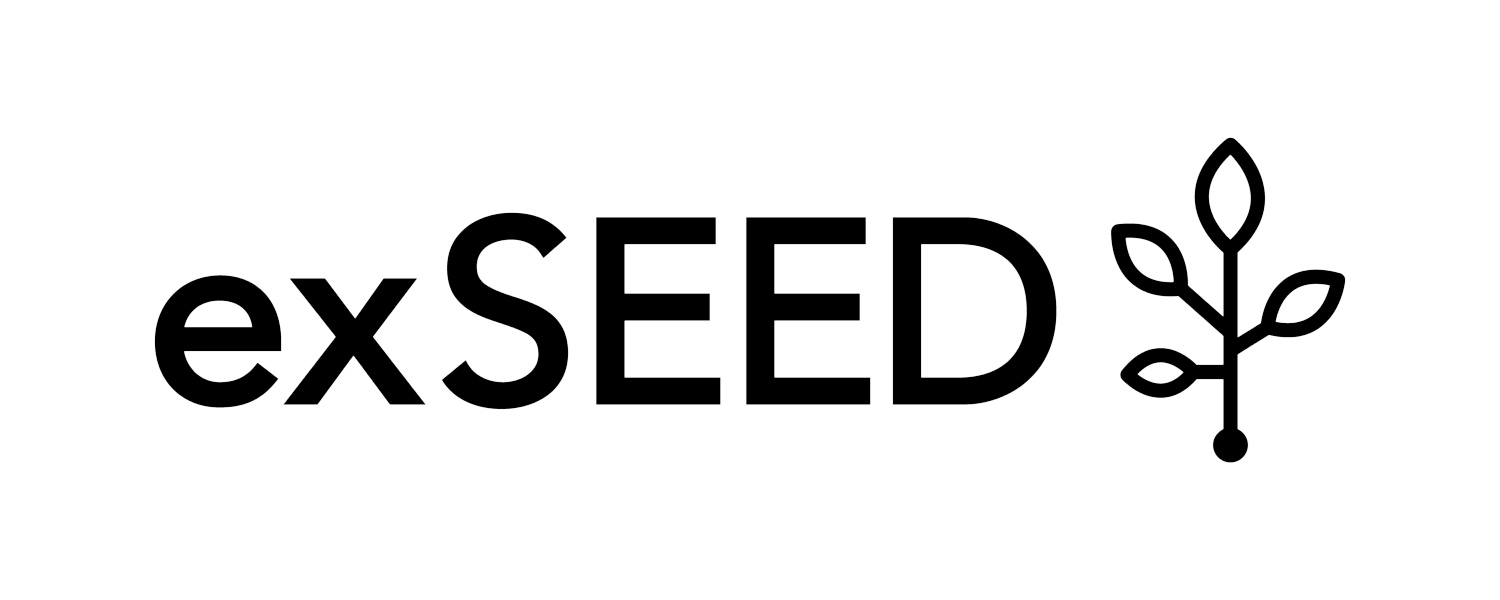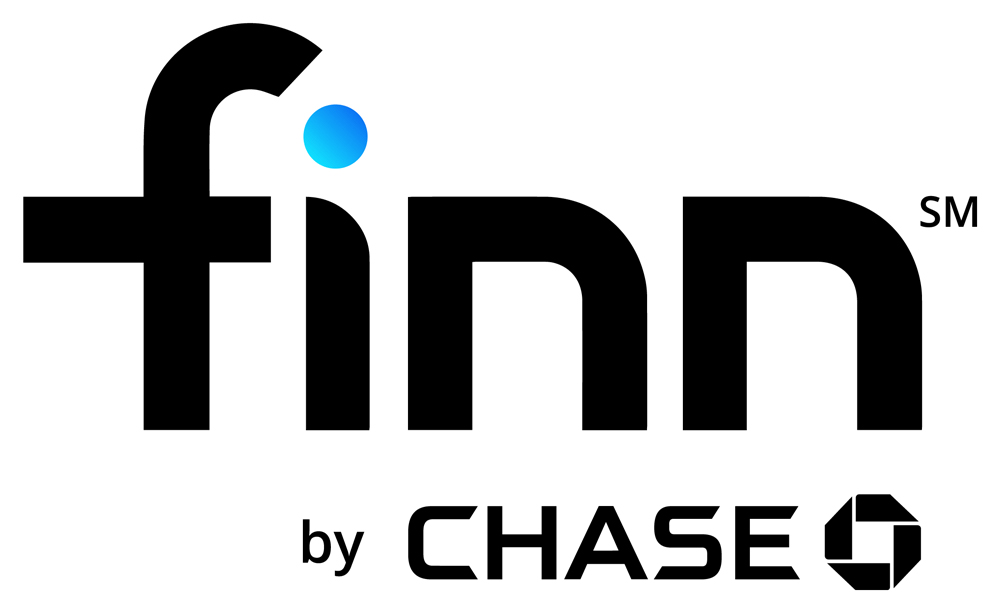- Minimum account balance
- $0
- APY
- 3.30%
- Fees
- $0 - $25
Ally Bank is a pioneer in the online banking space, having formed in 2009. It continues to be a robust online bank with a wide range of financial products, including savings and checking accounts, investment vehicles and accounts, and loans.
What makes Ally Bank a user-friendly online bank is its transparency, as it’s upfront with the rates and fees on its products. You don’t need a minimum deposit to open an Ally Bank online savings account, and you won’t pay monthly maintenance or overdraft fees. You also won’t pay fees on cashier’s checks or expedited Automated Clearing House (ACH) transfers. Additionally, its credit cards come with no over-the-limit fees or returned payment fees. It is not completely fee-free, though; there are fees for expedited delivery ($15), outgoing domestic wire ($20) and account research ($25).
Since Ally Bank is completely online, you can’t deposit cash into your account or visit an in-person branch. You can still deposit checks via your mobile app and pull out cash at one of 43,000 free-to-use ATMs across the country. Plus, its 24/7 customer service line ensures you won’t feel neglected when it comes to account issues.
Ally Bank pushes savings with high interest rates and tools that make it easier to save. It offers Buckets, which is a feature that allows customers to set money aside for specific goals without needing to create a new bank account. The Surprise Savings feature analyzes your linked checking account for money that is safe to transfer so your savings account grows even when you are busy.
- Minimal fees
- 0.25% APY on checking account
- 24/7 customer support
- No cash deposits
- No physical branches
Many reviewers are happy with how much Ally Bank has to offer, from its wide range of products to its higher APYs. One customer from Washington said: “Great rates, competent and responsive customer service and easy access via ATM. They also have an investing side to help research and invest in stock.”
Most of the negative reviews on Ally Bank’s profile involve Ally’s auto loan financing. Many said it was hard to get in contact with the auto division’s customer service and that it was hard to get monthly payments to go through successfully with the app.

